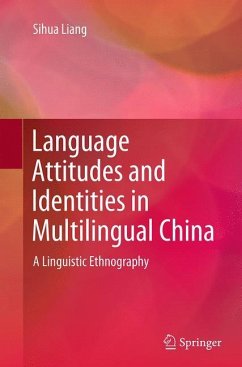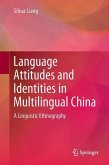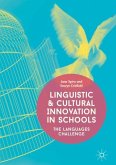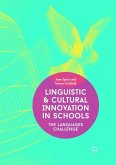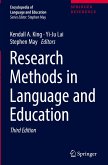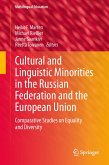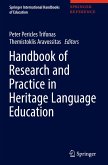These in-depth case studies provide novel insights in to the fast-changing language situation in multilingual China, and how it changes the meanings of language identity and language learning. This linguistic ethnographic study of language attitudes and identities in contemporary China in the era of multilingualism provides a comprehensive and critical review of the state of the art in the field of language-attitude research, and situates attitudes towards Chinese regional dialects in their social, historical as well as local contexts.
The role of language policies and the links between the interactional phenomena and other contextual factors are investigated through the multi-level analysis of linguistic ethnographic data. This study captures the long-term language socialisation process and the moment-to-moment construction of language attitudes at a level of detail that is rarely seen. The narrative is presented in a highly readable style, without compromising the theoretical sophistication and sociolinguistic complexities.
The role of language policies and the links between the interactional phenomena and other contextual factors are investigated through the multi-level analysis of linguistic ethnographic data. This study captures the long-term language socialisation process and the moment-to-moment construction of language attitudes at a level of detail that is rarely seen. The narrative is presented in a highly readable style, without compromising the theoretical sophistication and sociolinguistic complexities.
"The book draws a necessarily complex picture of the various arrays of attitudes, and tries to trace and demonstrate the origins and directions of these arrays. For those who believe in or are bewildered by the complexity, hybridity, and fluidity of modern language experiences, this book would make for a pleasant read. The narrative of the book is clear, authentic, lively, and reflective while remaining intellectually sophisticated. It should be accessible to a broad readership." (Chengtuan Li, Language in Society, Vol. 45 (1), 2016)

